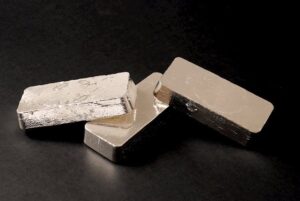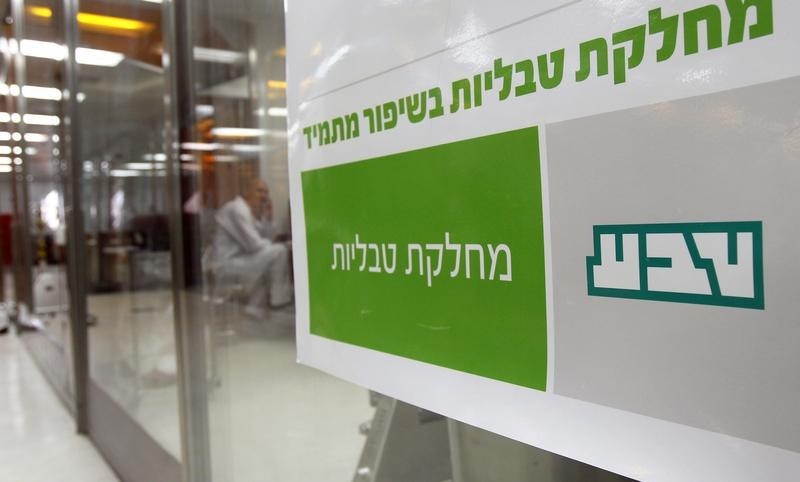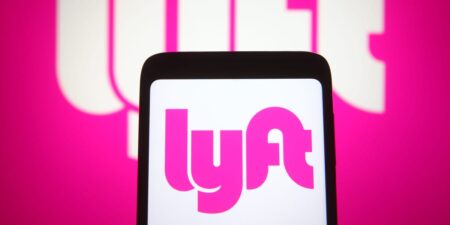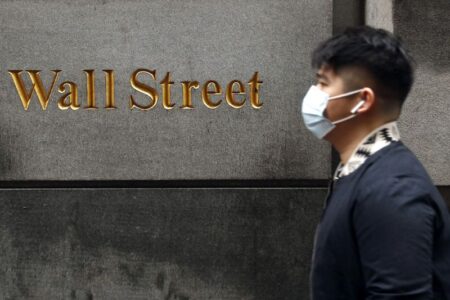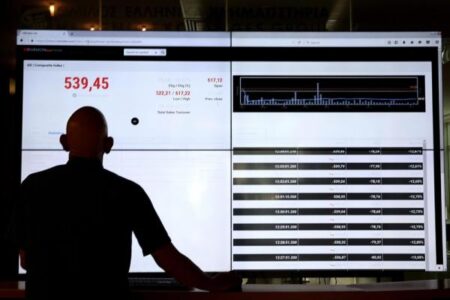By Nate Raymond
BOSTON (Reuters) -Teva Pharmaceutical Industries Ltd has agreed to pay $450 million to resolve allegations it used charities that help cover Medicare patients’ out-of-pocket drug costs as a means to pay kickbacks to boost sales of its multiple sclerosis drug Copaxone and conspired to fix prices for generic drugs.
The two settlements announced by the U.S. Department of Justice on Thursday included one for $425 million resolving a lawsuit filed in federal court in Boston in 2020 as part of an industry-wide probe of drugmakers’ financial support of patient assistance charities.
That investigation had previously resulted in more than $1 billion in settlements with 12 drugmakers, four charities and one pharmacy. A lawsuit against Regeneron (NASDAQ:) Pharmaceuticals arising from the same probe remains pending.
Israel-based Teva earlier said in court papers that it faced triple damages under the False Claims Act of as much as $10 billion in the Justice Department’s lawsuit.
The Justice Department also announced a separate $25 million civil settlement with Teva resolving claims that it conspired to fix prices and allocate markets for two generic drugs. It last year agreed to pay $225 million to resolve a related criminal case.
Teva in a statement said the $450 million would be paid over six years. Teva said it did not admit wrongdoing in either settlement and continues to maintain that its donations to charities “supported MS patients’ access to critical medicines.”
Drug companies are prohibited from subsidizing co-payments for patients enrolled in Medicare, the government healthcare program for those aged 65 and older. Companies may donate to non-profits providing co-pay assistance as long as they are independent.
But the government has alleged that various pharmaceutical companies used such charities as a means to improperly cover the co-pay obligations of Medicare patients using their drugs, in violation of the Anti-Kickback Statute.
The lawsuit in Boston alleged Teva paid two such charitable foundations, the Chronic Disease Fund and The Assistance Fund, more than $350 million from 2006 to 2017 to cover co-payments for Copaxone patients, turning the charities into vehicles to pay kickbacks to patients to use the drug.
During that time, Teva quintupled the drug’s price to about $85,000 per year from approximately $17,000. The drug at that time was Teva’s best seller, generating $3.8 billion in revenues in 2017 alone.
Read the full article here





